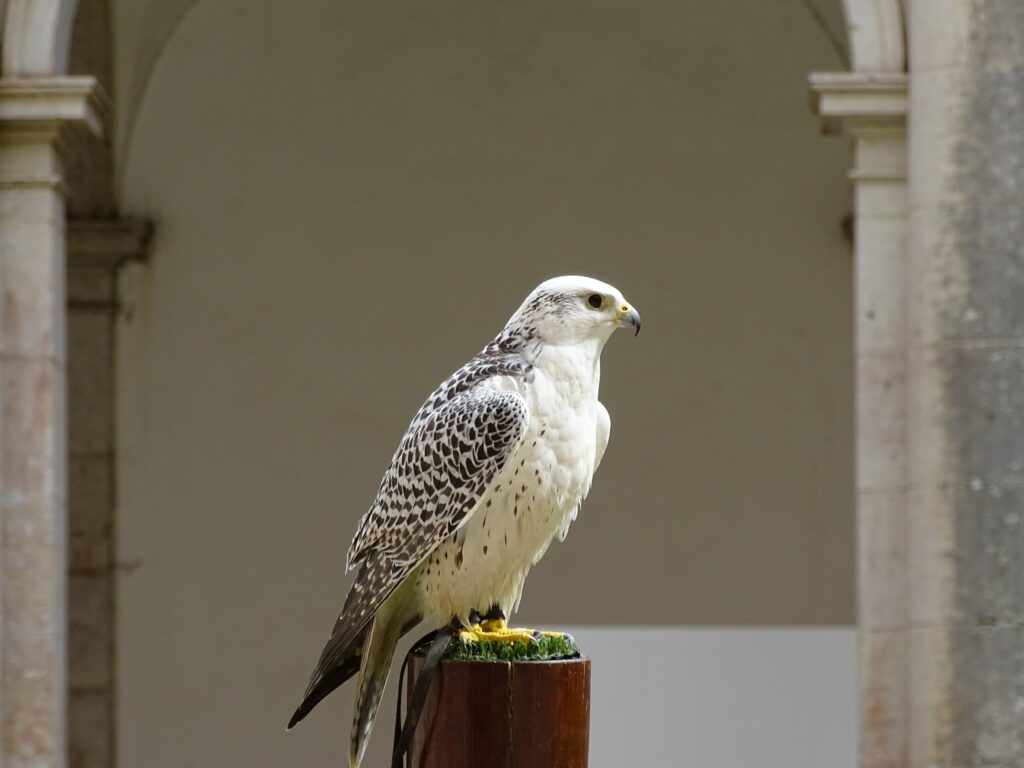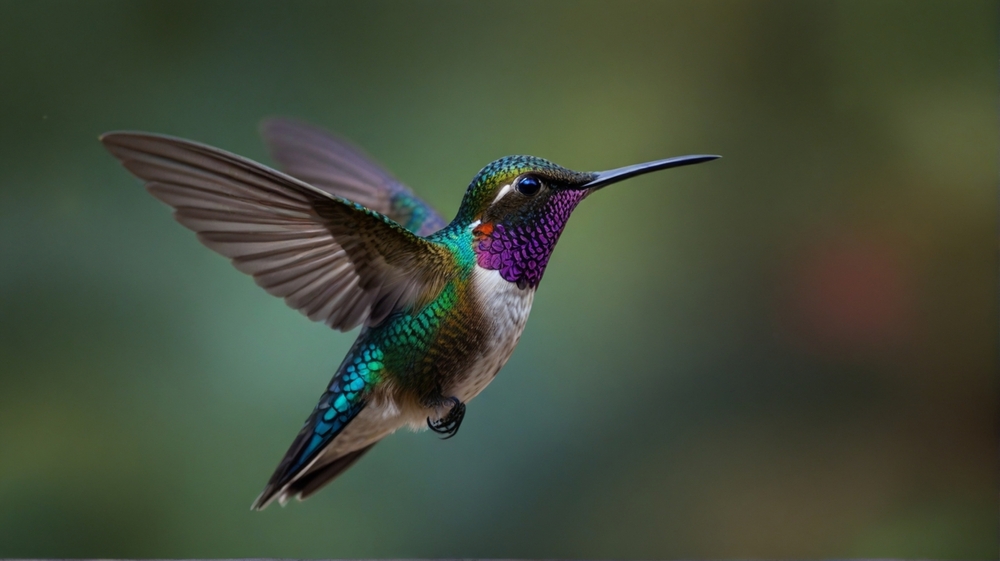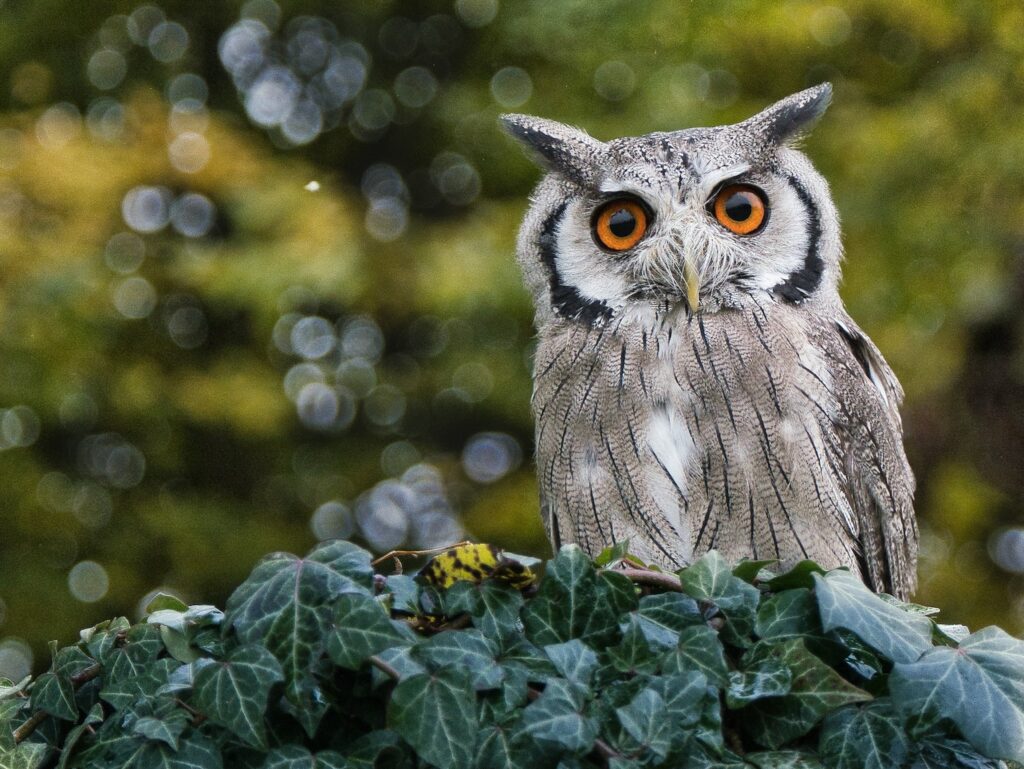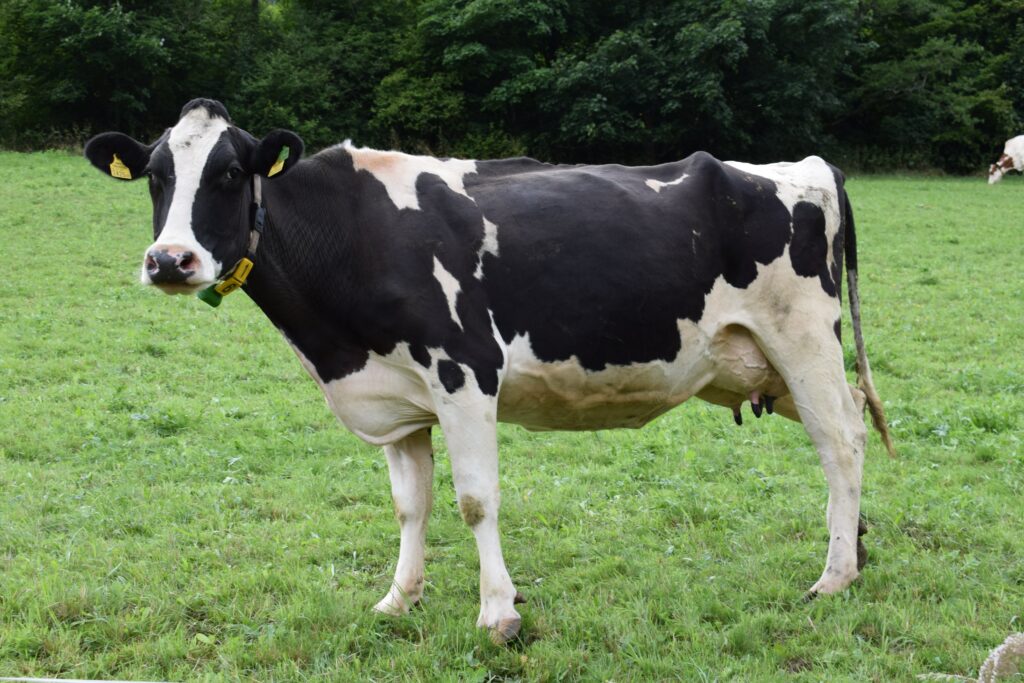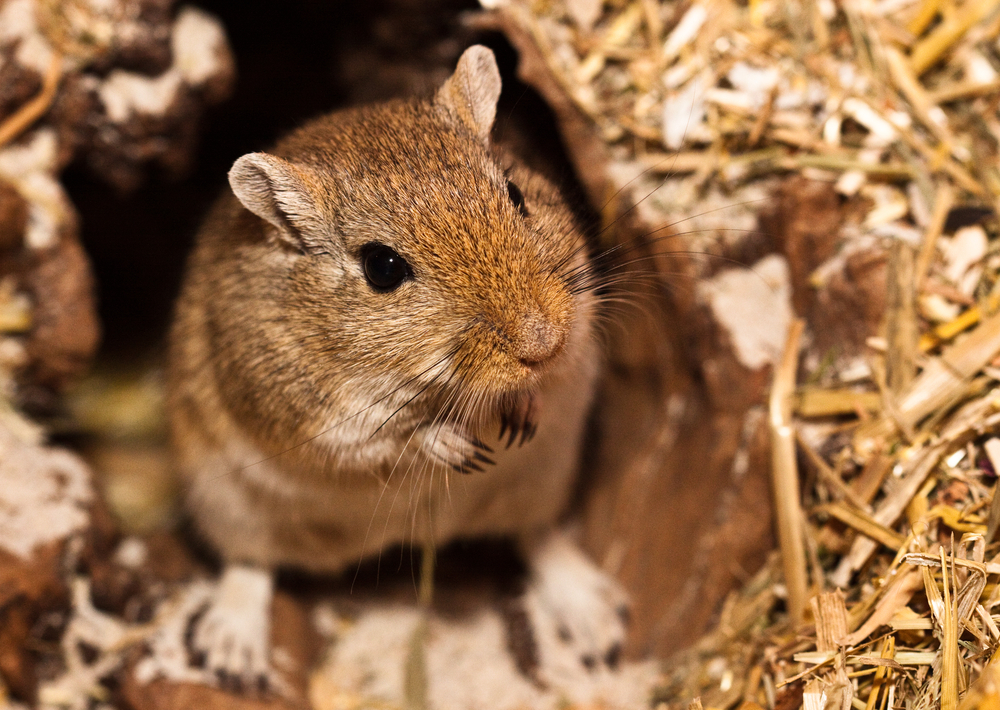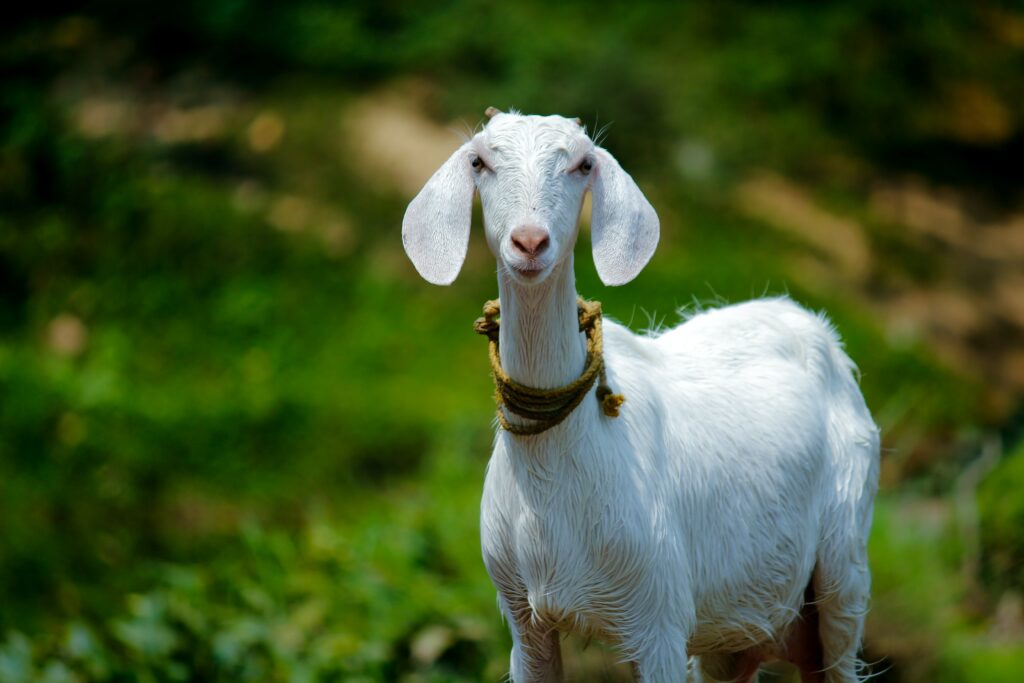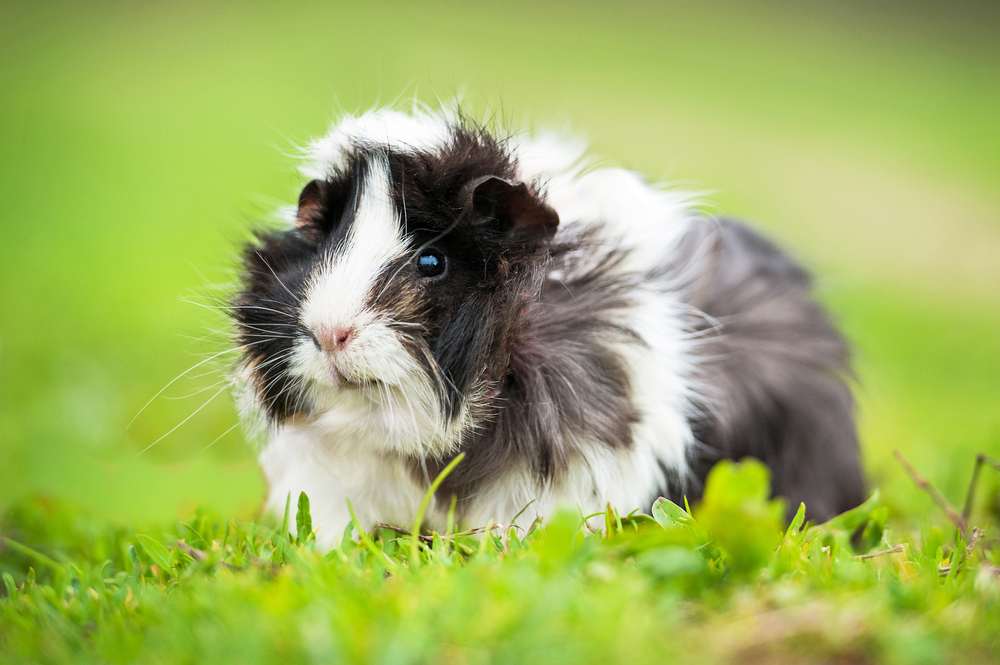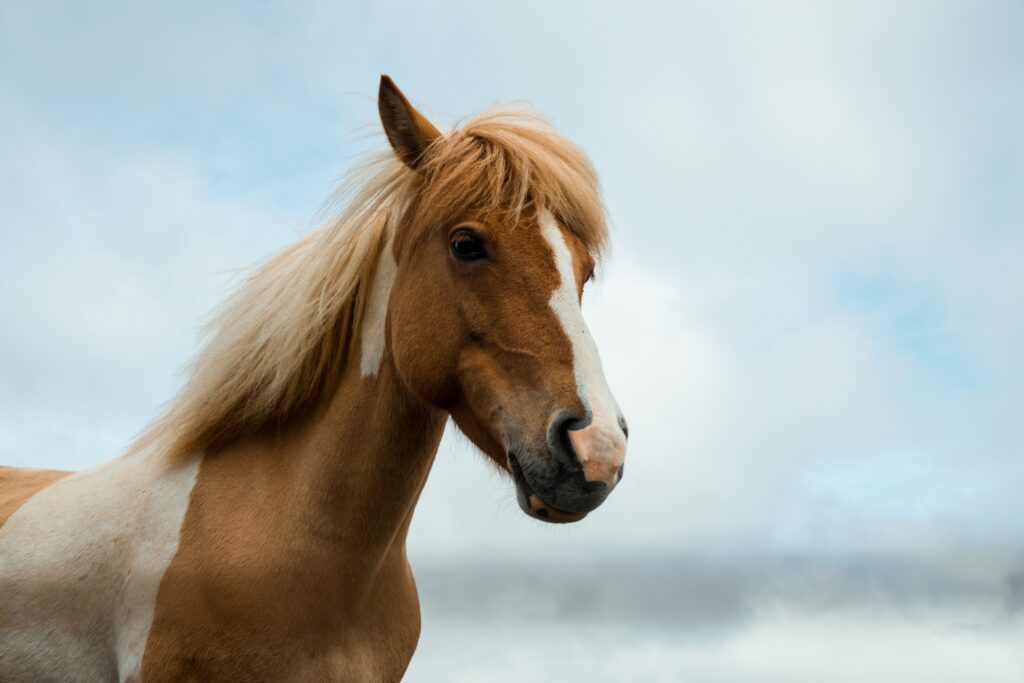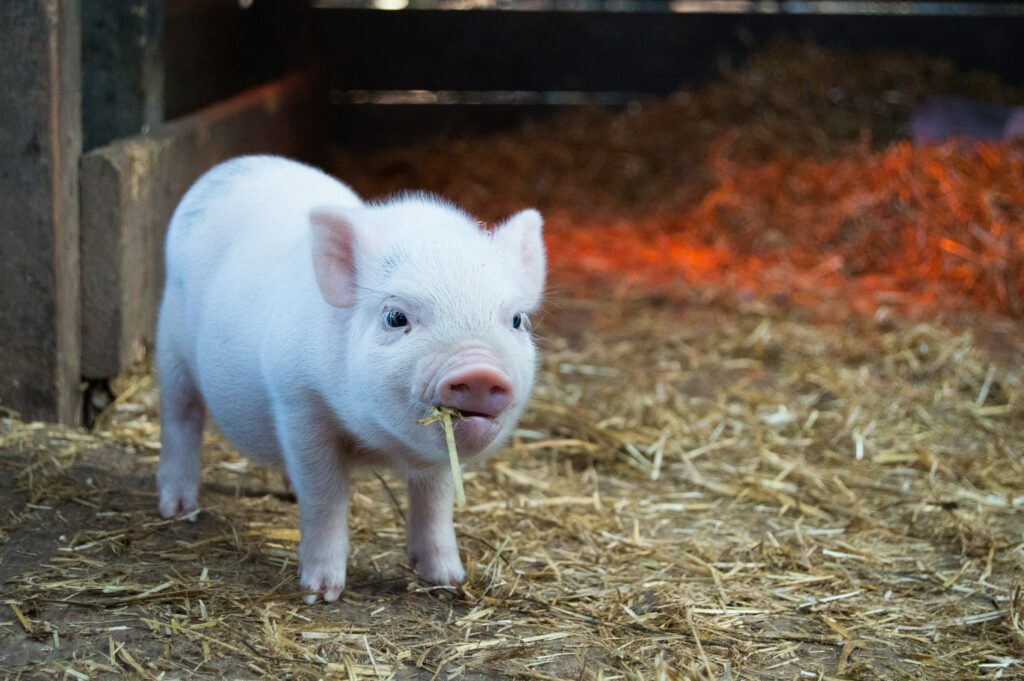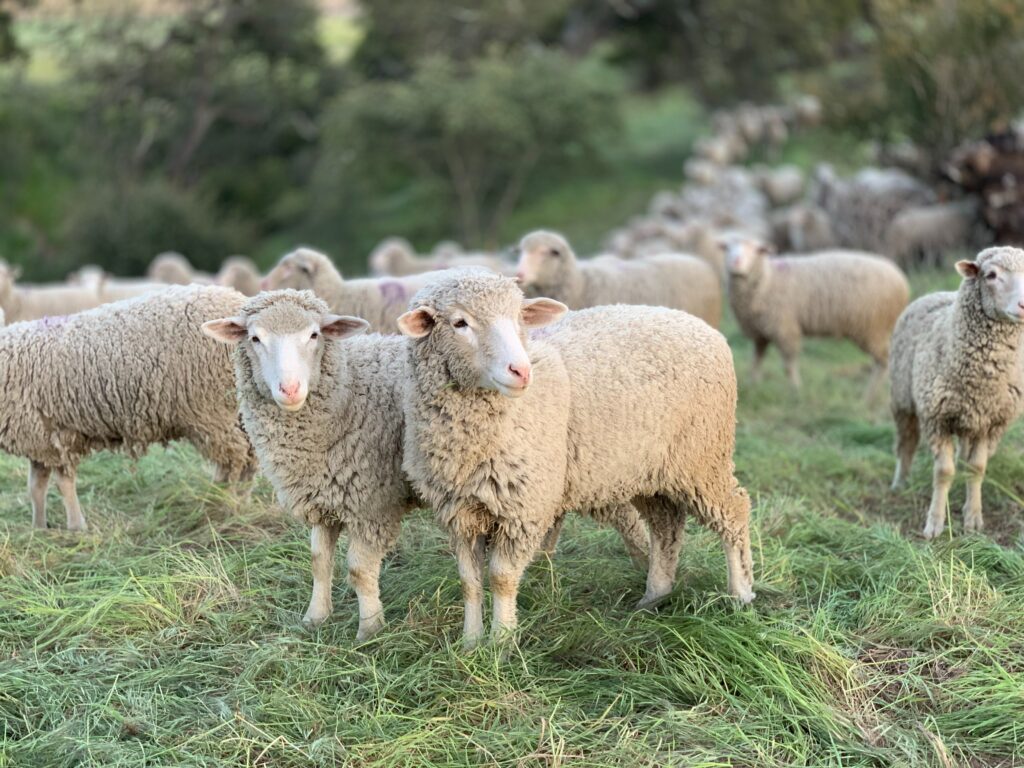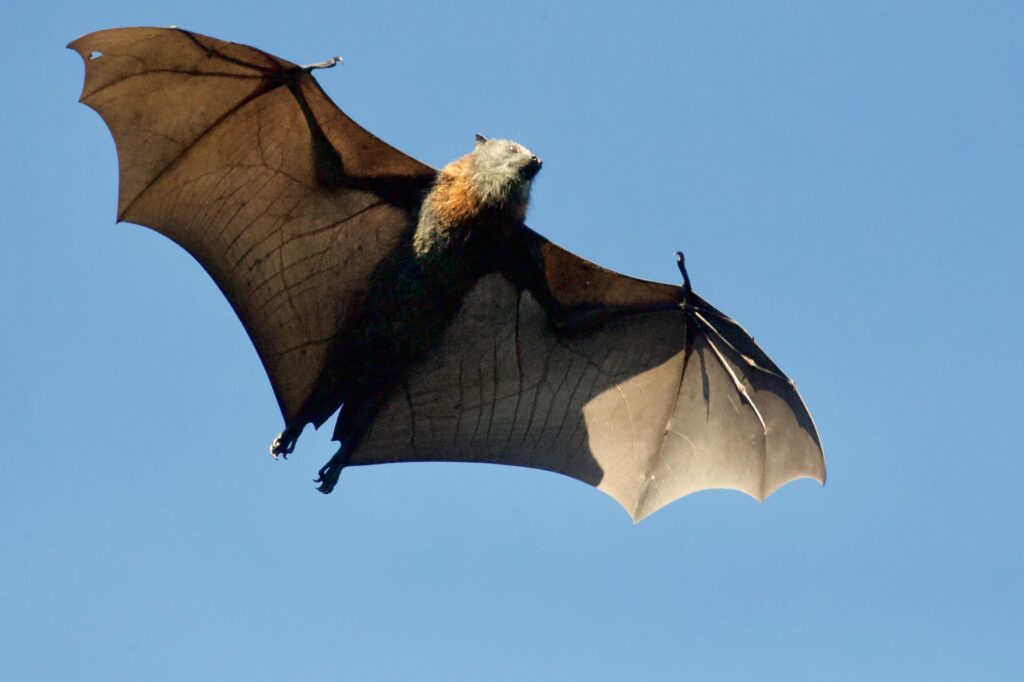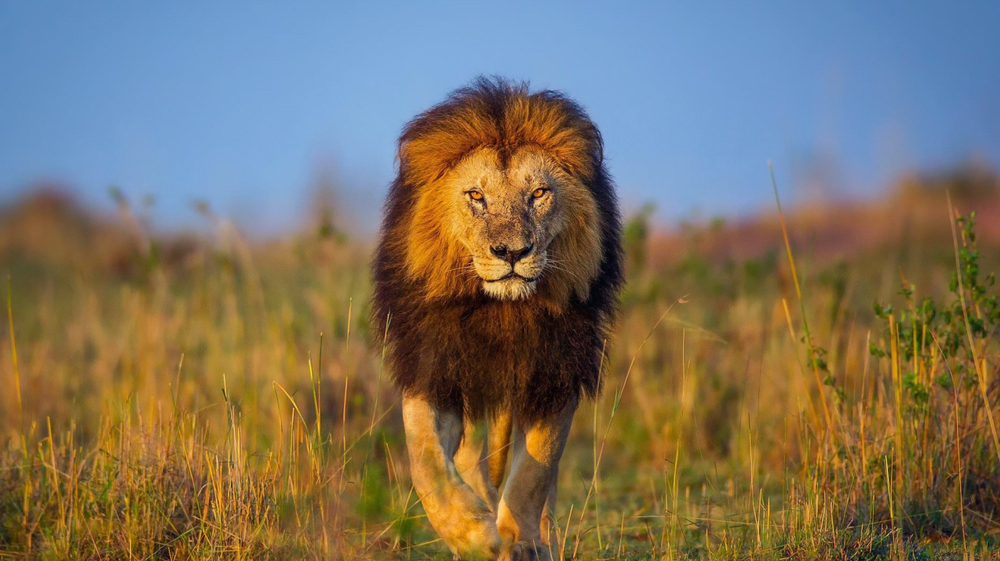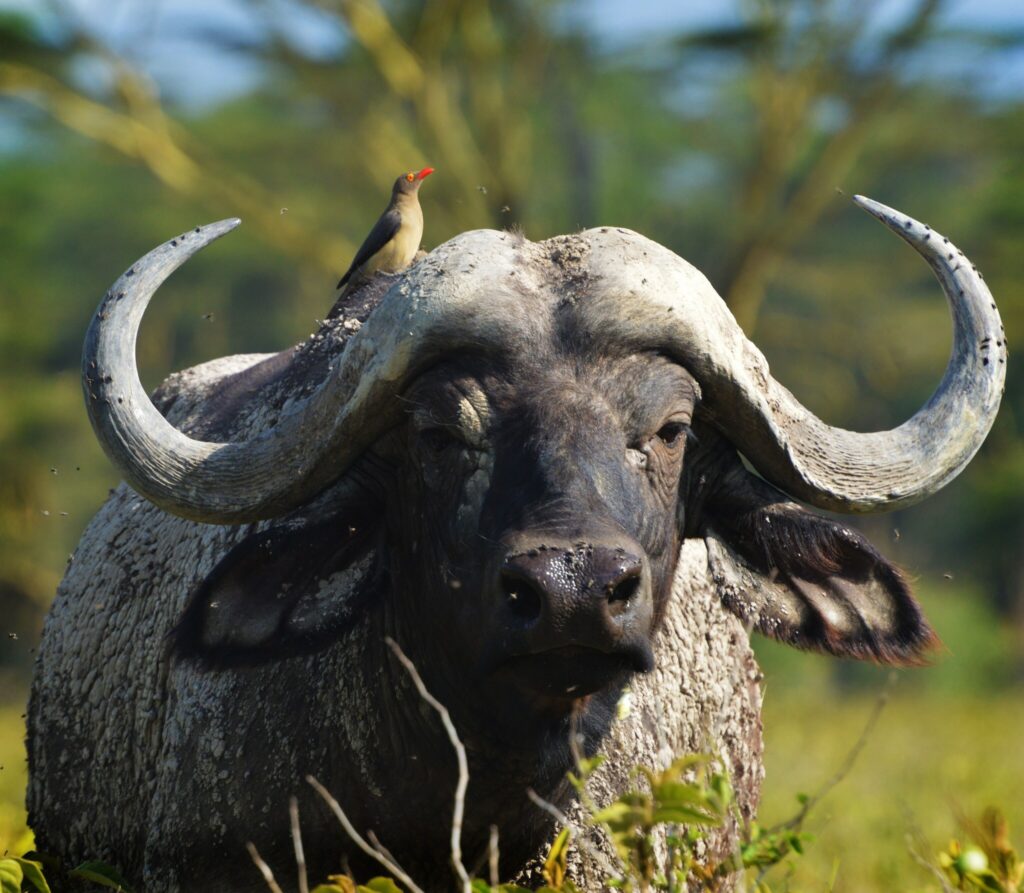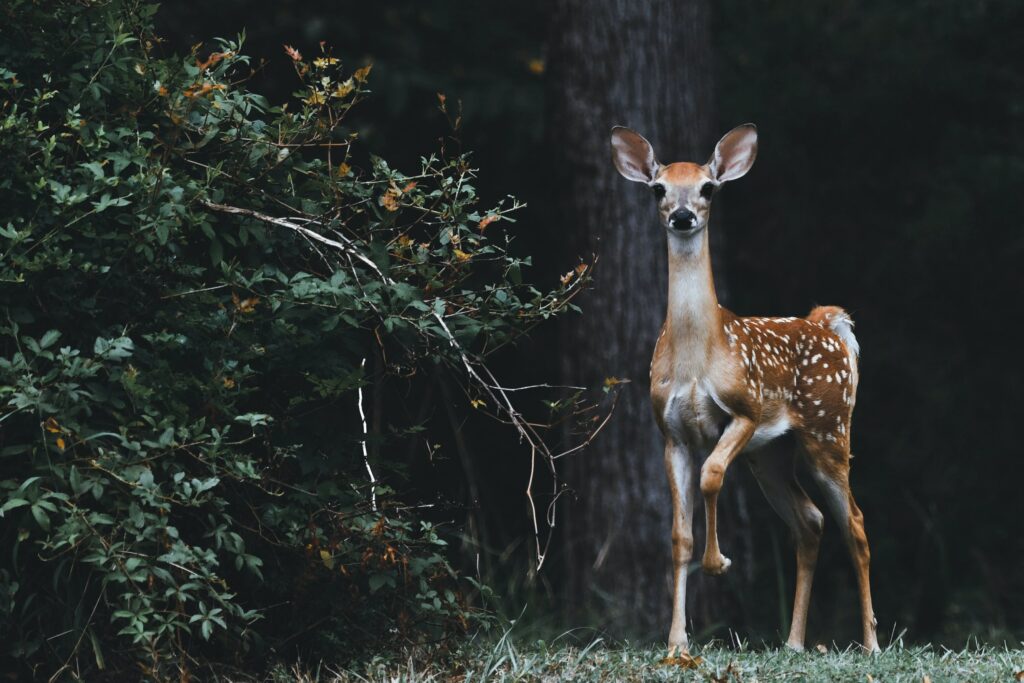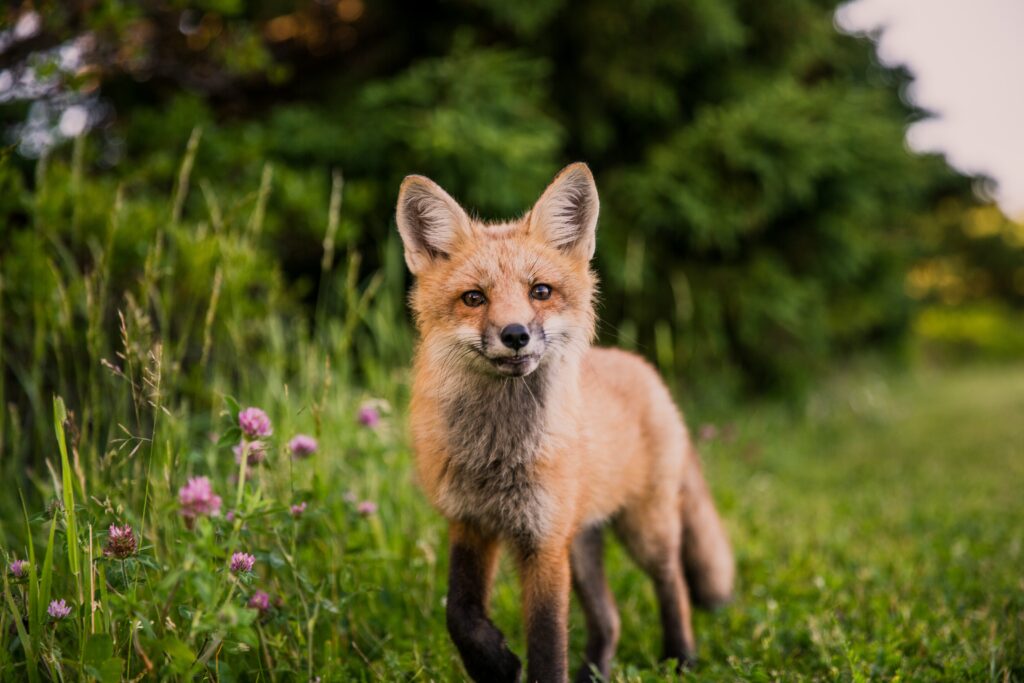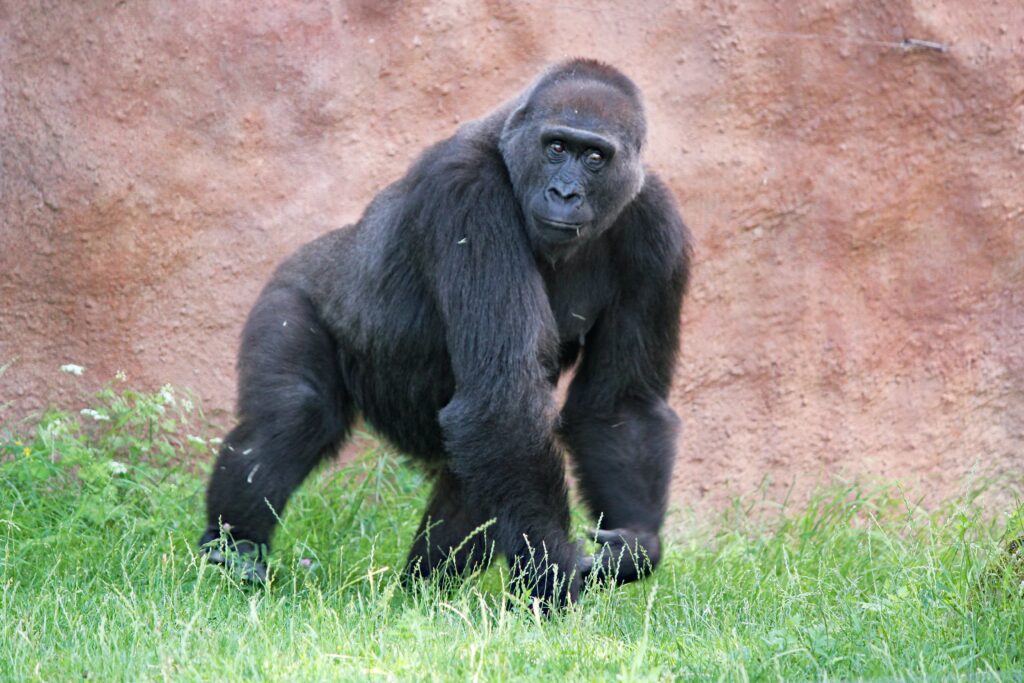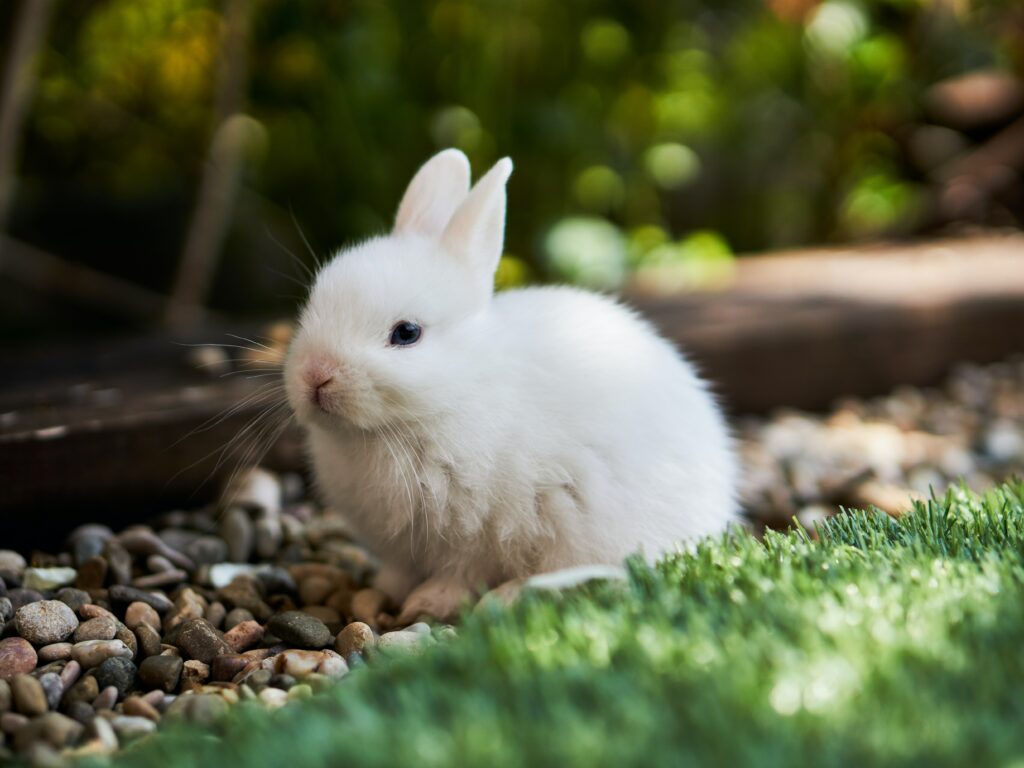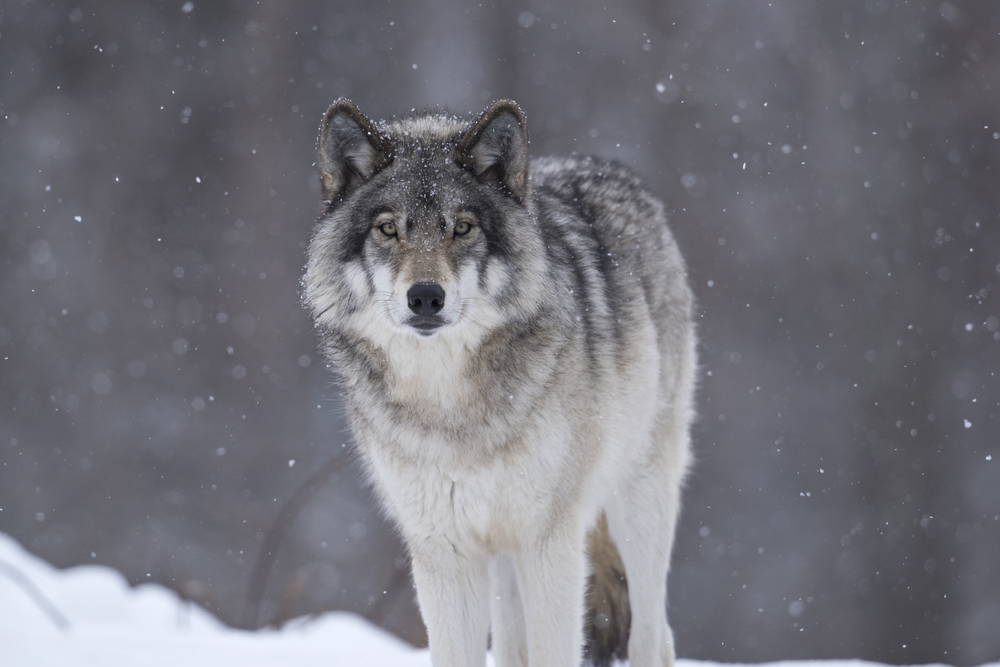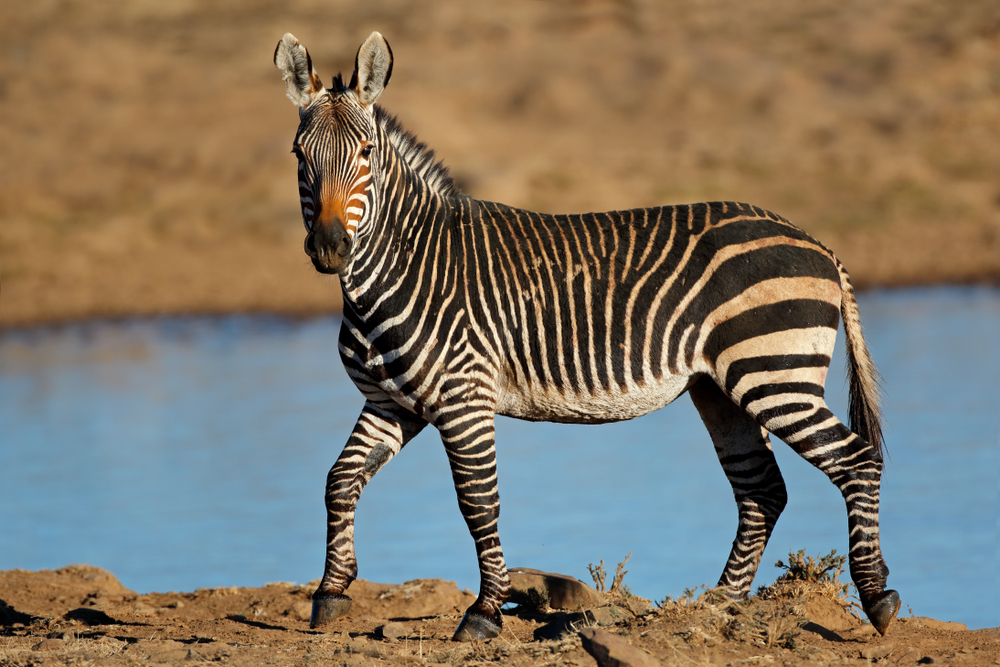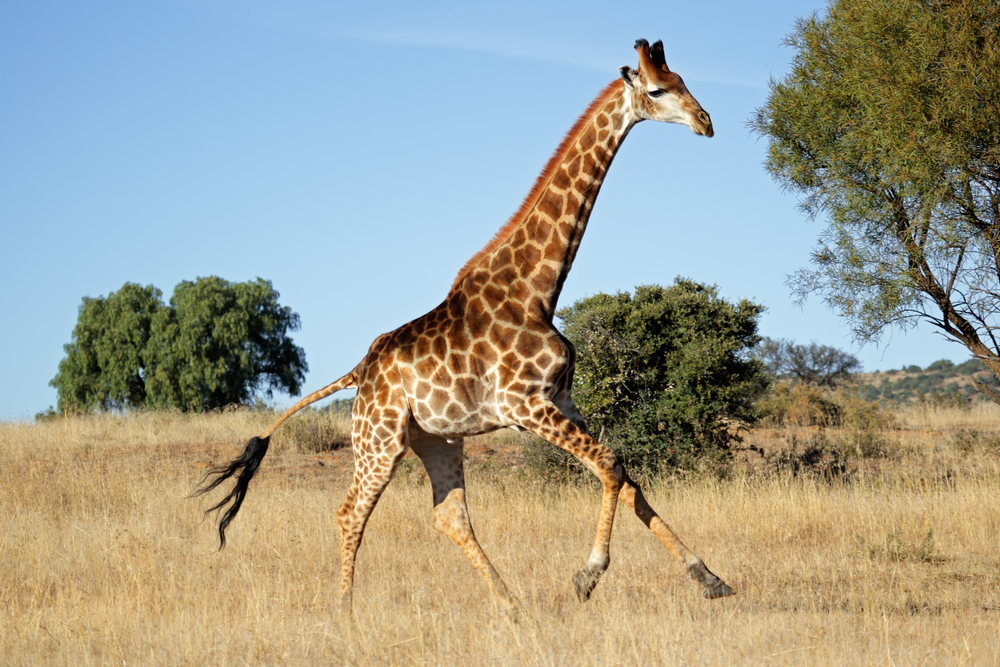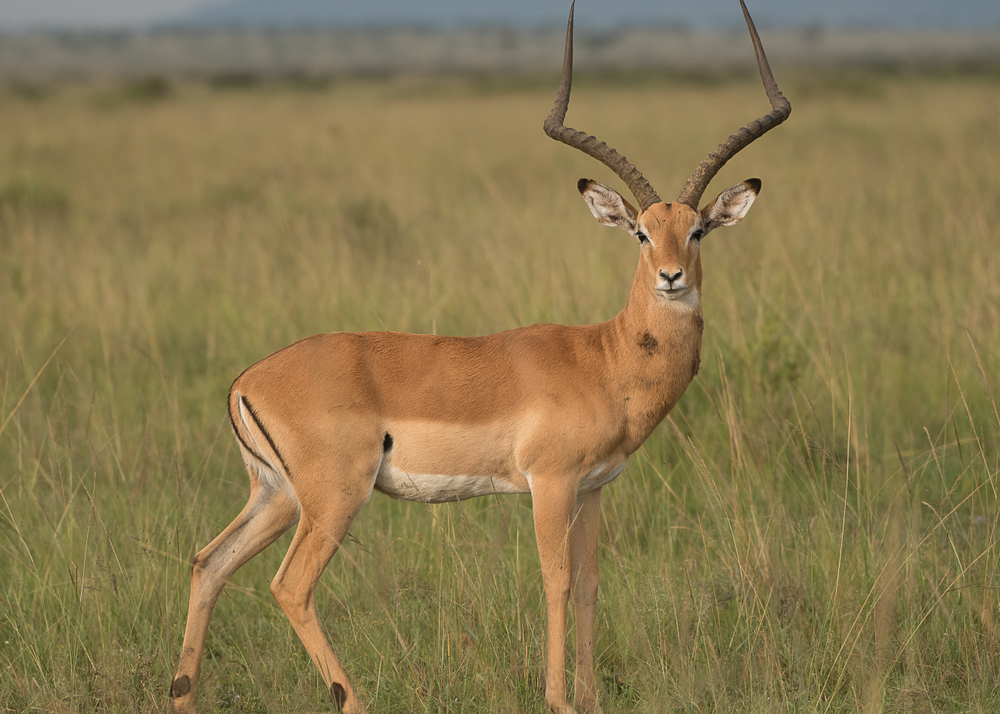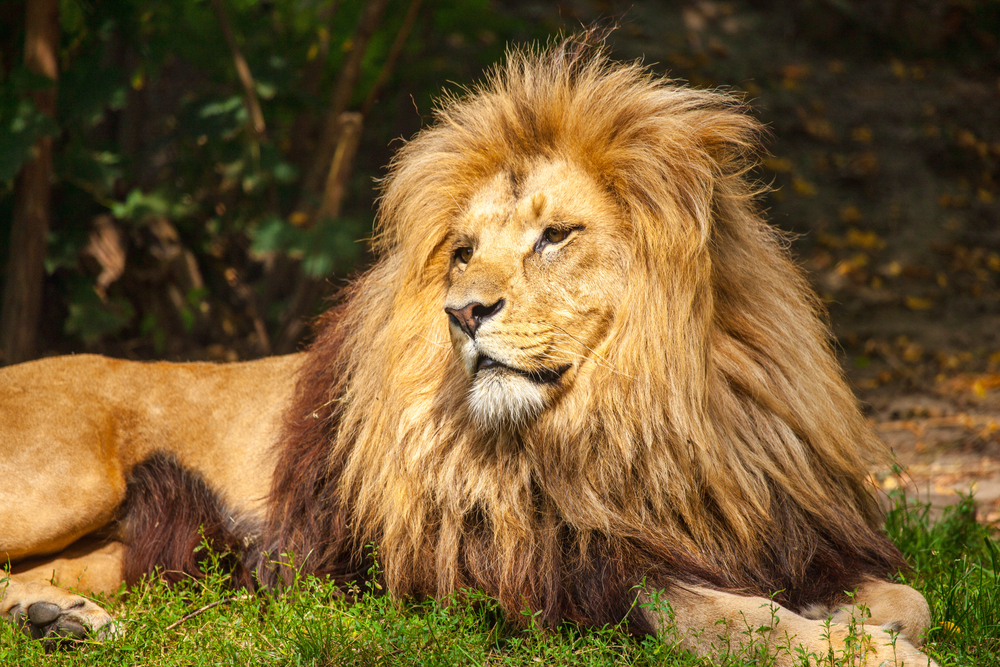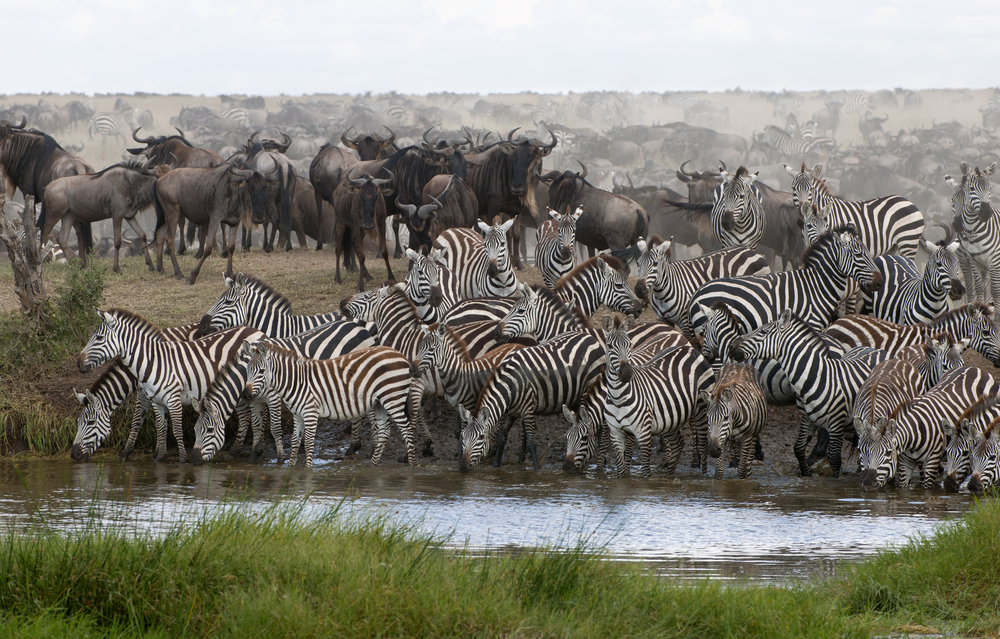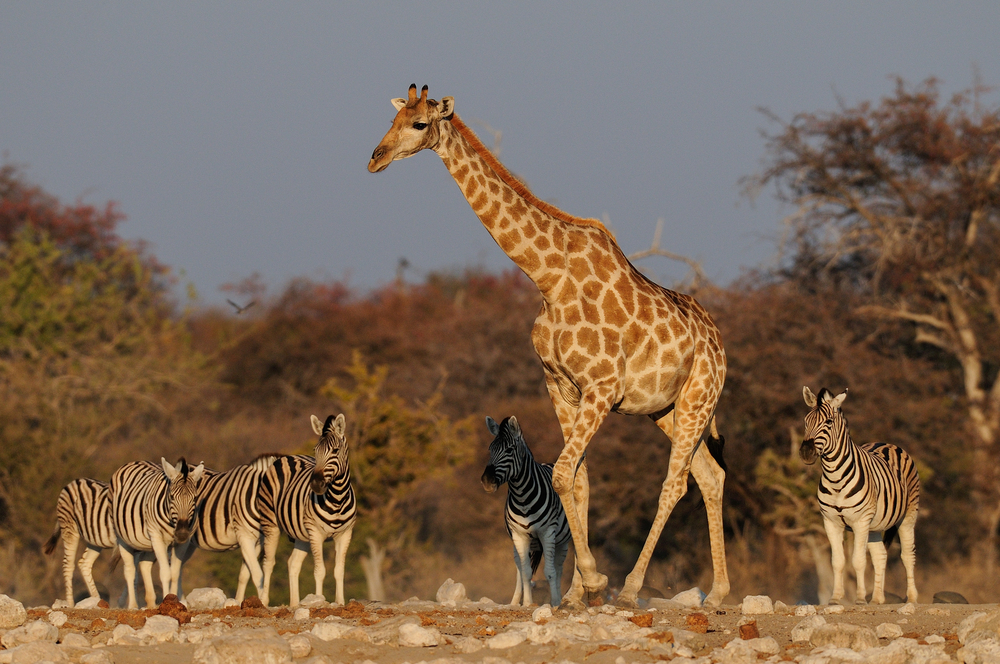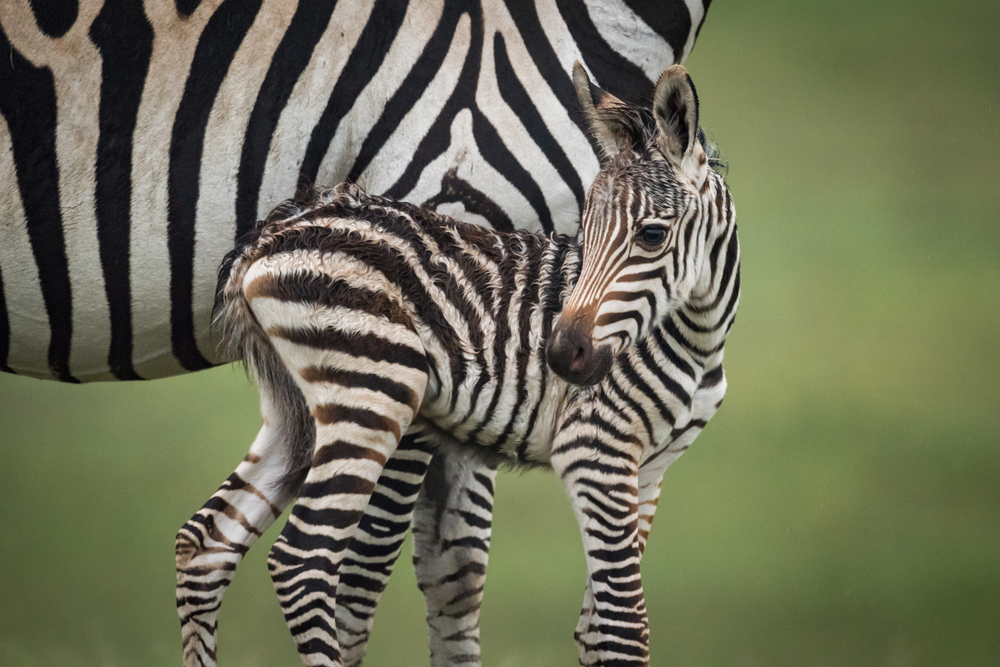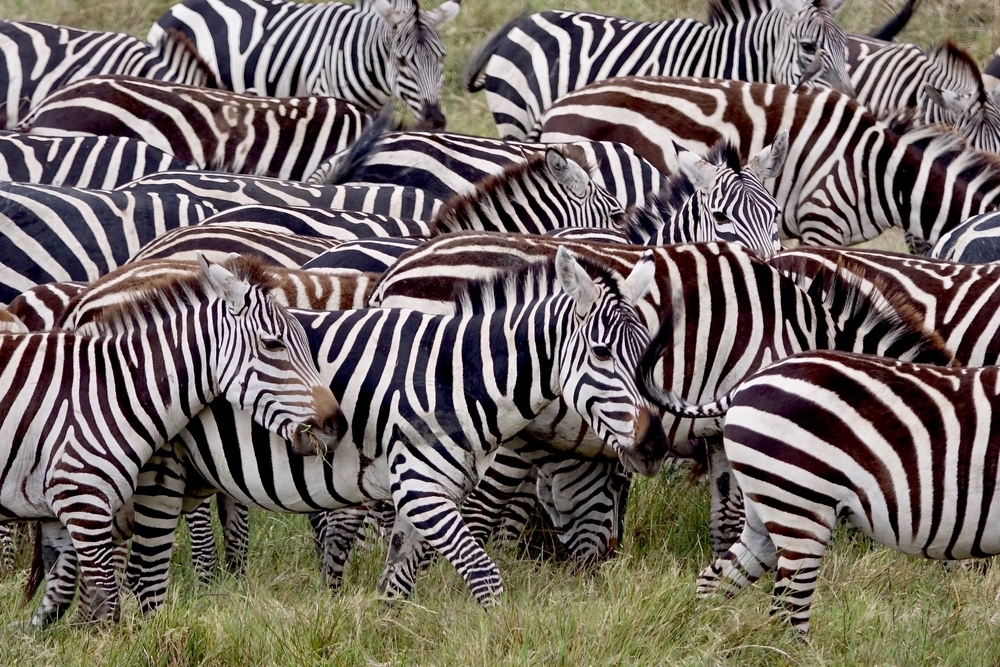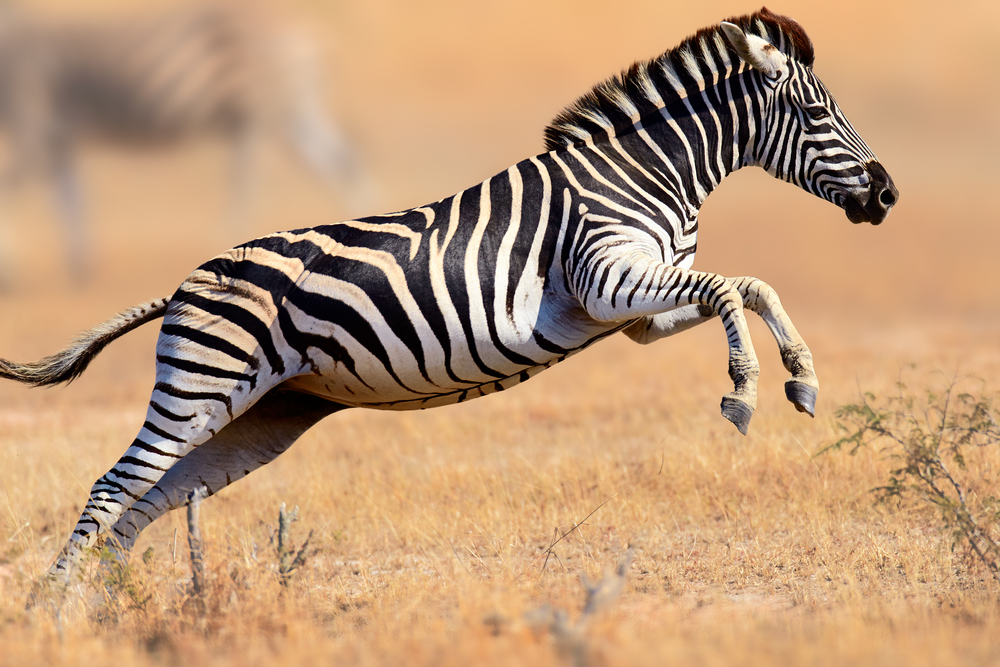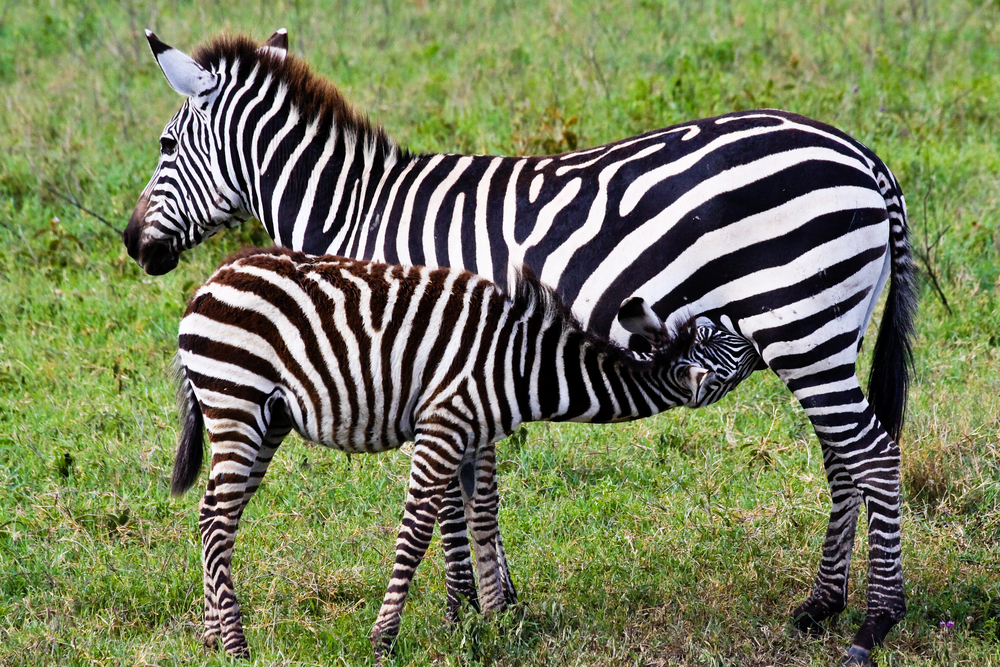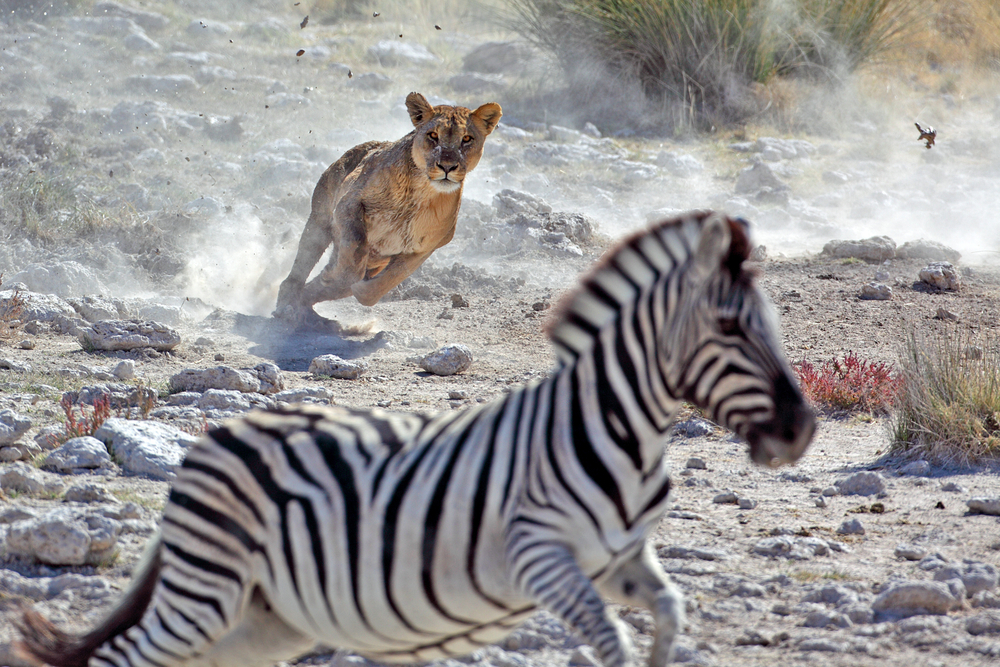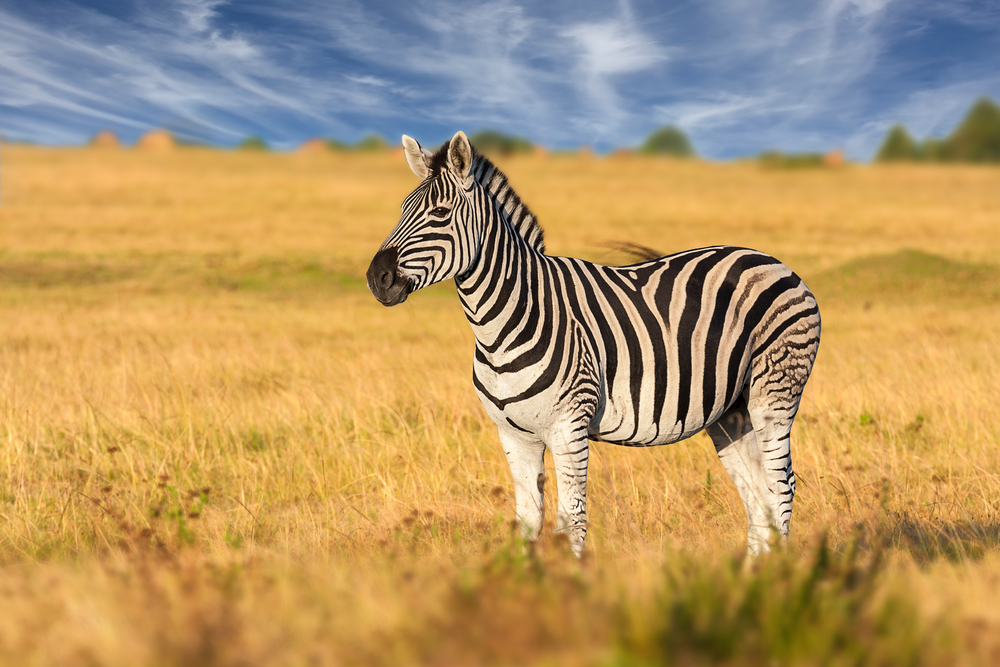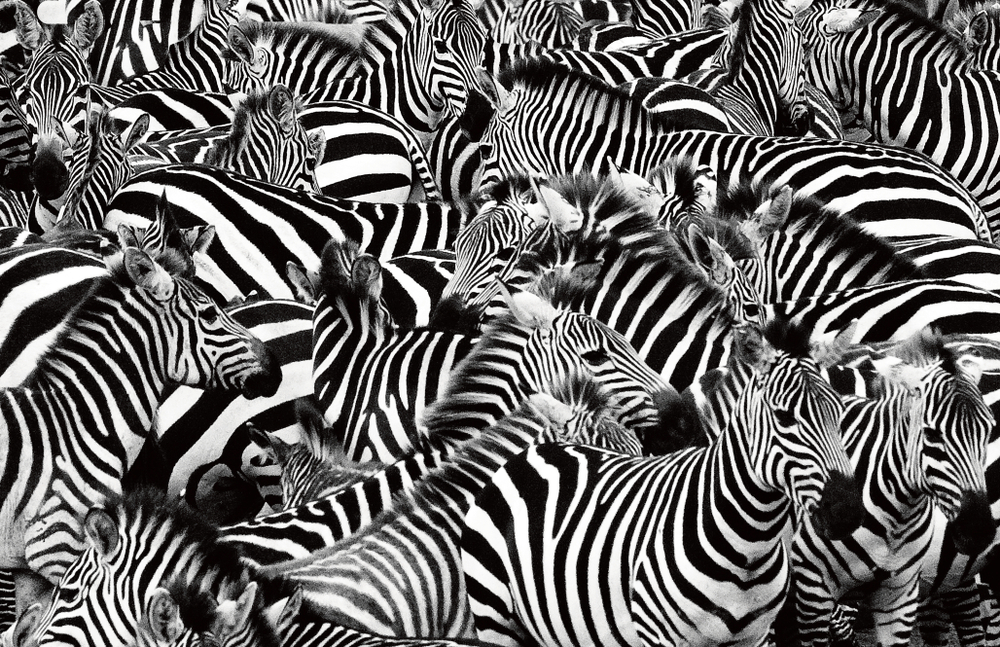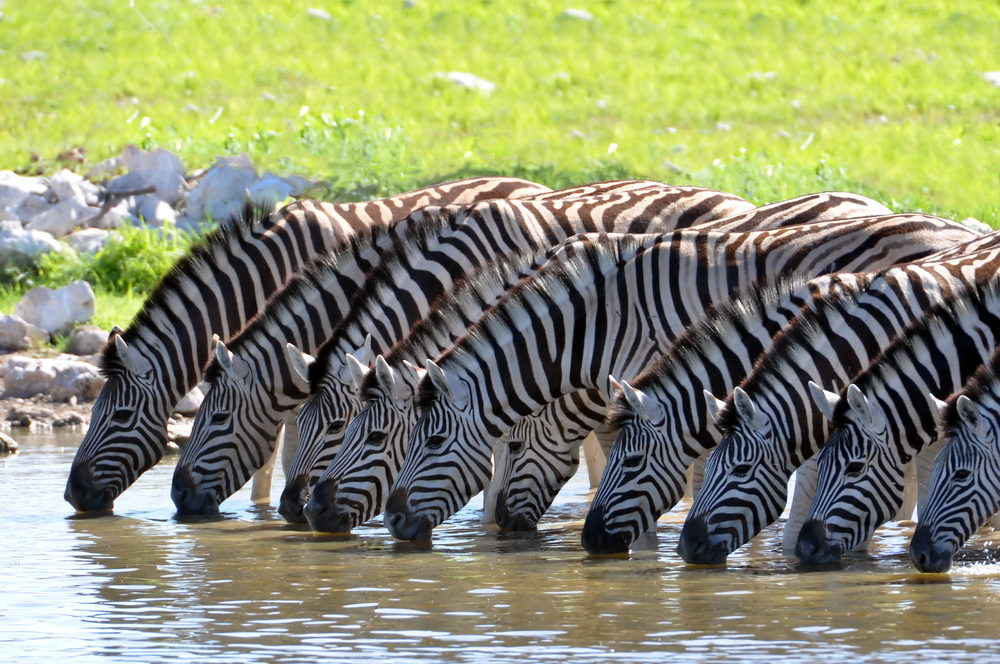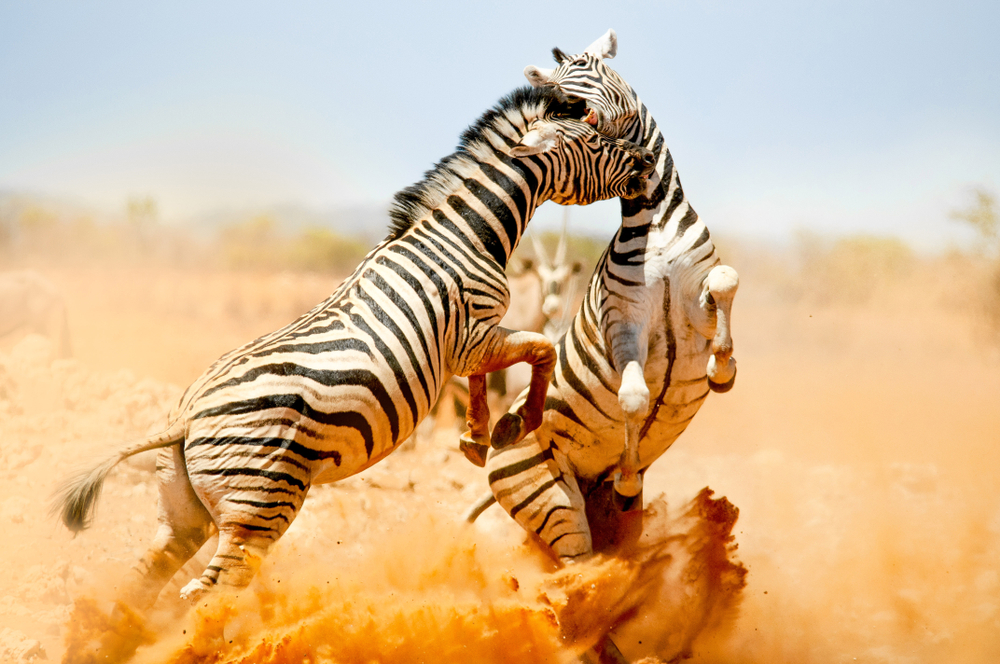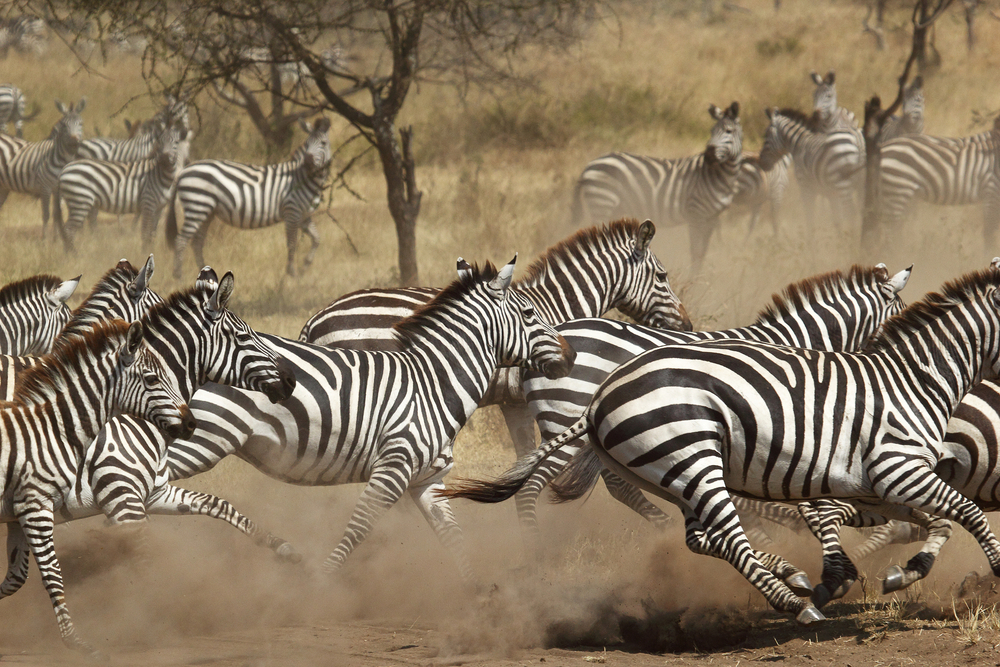Zebras and horses share a common family, Equidae, and they have some similarities due to their evolutionary heritage, but they also exhibit significant differences. Here are some key differences between zebras and horses:
- Coat Patterns:
- Zebras are known for their black and white striped coats, while horses typically have solid-colored coats. The striped pattern of zebras is one of their most distinctive features.
- Tail Shape:
- Zebras often have a tuft of hair at the end of their tails, which can vary in size and appearance between species. Horses generally have a more uniform tail without a tuft.
- Size:
- Zebras are generally smaller than horses. The specific size can vary depending on the species of zebra and the breed of horse, but in general, horses are larger.
- Body Shape:
- Zebras tend to have a stockier build compared to horses. Horses have been selectively bred for various purposes, leading to a wide range of body types, but they often have a more slender and elongated appearance than zebras.
- Behavior:
- Zebras are known for their cautious and sometimes skittish behavior. They can be more unpredictable and have a reputation for being difficult to domesticate or train compared to horses, which have been bred for centuries for various tasks.
- Temperament:
- Horses are often more docile and trainable than zebras. While there are exceptions, horses tend to be more suitable for domestication and have been used in various roles, such as riding, working, and sports.
- Domestication:
- Horses have been domesticated for thousands of years and have played essential roles in human history, serving as transportation, work animals, and companions. Zebras, on the other hand, have proven challenging to domesticate and are not commonly used for similar purposes.
- Natural Range:
- Zebras are native to Africa and are primarily found in grasslands and savannas on the continent. Horses, in contrast, have a broader global distribution and can be found on almost every continent, primarily as domesticated animals.
- Use in Human Activities:
- Horses have been extensively used in various human activities, including transportation, agriculture, sports, and recreation. Zebras are not commonly used for similar purposes due to their temperament and limited domestication.
- Hoof Shape:
- Zebras typically have harder hooves than horses, which can be an adaptation to their natural environments. Horses often require regular horseshoeing in captivity, whereas zebras may not need the same level of hoof maintenance.
While zebras and horses share a common ancestry, they have evolved separately over time, resulting in distinct physical and behavioral characteristics that make them uniquely adapted to their respective environments and roles in the natural world.















